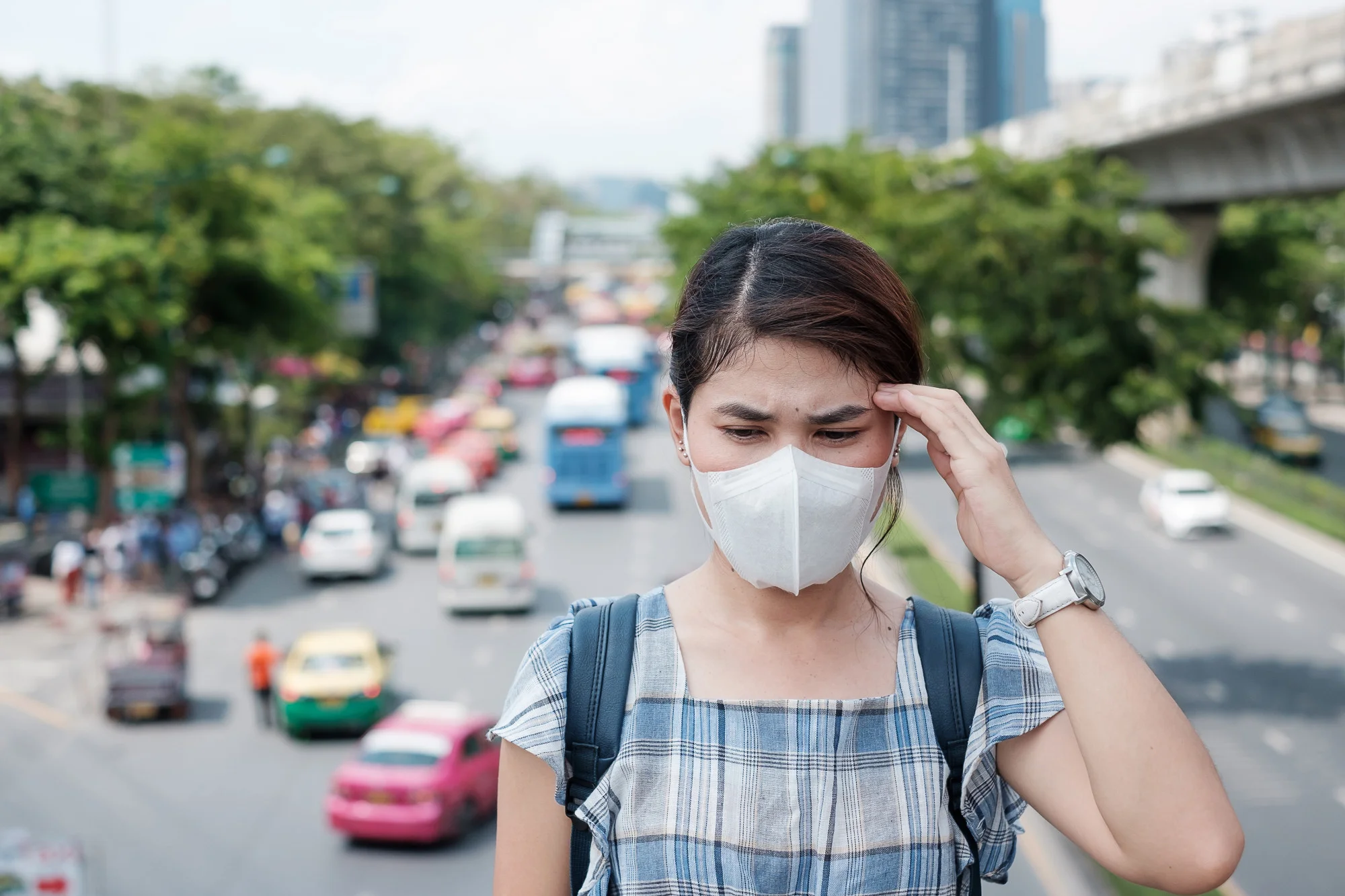In a compelling study recently published in the journal ‘The Science of the Total Environment’, Taiwanese researchers uncover the serious implications of everyday noise exposure on individuals’ quality of life. Using novel online chatbot technology in social media, the study investigated the effects of various factors including daily sound exposure, personal traits, noise sensitivity, burnout status, and sleep quality on overall well-being.
The pioneering research, led by Dr. Chan Ta-Chien of the Research Center for Humanities and Social Sciences at Academia Sinica, adopted a short-term participatory cohort design and gathered data from 207 participants over a period of two months in 2022. Participants provided information on their experiences of noise exposure and perception, alongside structured questionnaires relating to stress and sleep quality.
“Chronic noise exposure in daily life not only causes physical and mental illness but also reduces quality of life,” says Dr. Ta-Chien. His statement resonates with the sentiment frequently expressed in urban planning and public health discussions. His recent findings confirm this view, offering quantitative data to back up what many have hypothesized: noise pollution is more than a mere annoyance; it has tangible effects on our overall health and happiness.
Key Findings: Acoustic Comfort and Quality of Life
The research indicated that individuals who rated their home environment more positively and those who enjoyed good health had a notably better quality of life. These participants reported better daily acoustic comfort and less exposure to noise during the week. Conversely, individuals with lower daily acoustic comfort who also experienced frequent noise-induced sleep disturbances and mood disorders were more likely to have poorer sleep quality.
Another significant finding was the correlation between personal burnout and poor health, longer exposure to noise, a higher frequency of noise-induced illnesses, and neurotic traits. Strikingly, the study suggests that noise-induced sleep disruption and daily acoustic comfort exerted critical direct influences on quality of life beyond their indirect impact via sleep quality and personal burnout.
Innovative Methodology: Online Chatbots
The use of online chatbots for data collection signified an innovative approach in the field of environmental research. This technology allowed for an efficient and interactive method to gather subjective and objective long-term noise exposure data.
“Collecting objective data on sound exposure and subjective acoustic comfort through a traditional one-shot survey is difficult,” adds Dr. Ta-Chien. The online chatbot system addressed this difficulty by facilitating continuous data collection over a sustained period, thereby painting a more accurate picture of participants’ experiences.
Implications for Public Policy and Urban Planning
The study’s findings carry significant implications for urban planners and public health policymakers. They suggest that implementing measures to reduce noise pollution and enhance urban acoustic environments could promote better sleep quality, reduce burnout, and improve overall quality of life.
The research is also a clarion call for urban spaces to prioritize soundscapes as a crucial element of the living environment, recognizing that the sounds surrounding us influence not just our auditory senses but our holistic health.
Dr. Bing-Sheng Wu of the Department of Geography at National Taiwan Normal University stresses the need for a paradigm shift: “Urban planning now has empirical evidence to consider ‘sound health’ on par with other well-established public health concerns when designing our cities.”
Conclusion
This study highlights the pressing need to address noise pollution as a public health concern. By linking noise exposure directly to quality of life, this research underscores the importance of comprehensive approaches to urban planning and public health initiatives that foreground noise reduction and acoustic comfort.
The Taiwanese study sets the stage for future research on how cities can preserve wellness through noise management. It is a testament to the power of technology, such as online chatbot systems, in enriching our understanding of the complex interplay between our environments and our health.
Copyright © 2024 The Authors. Published by Elsevier B.V. All rights reserved.
DOI: 10.1016/j.scitotenv.2024.169985
References
1. Chan, Ta-Chien, et al. “Effects of personal noise exposure, sleep quality, and burnout on quality of life: An online participation cohort study in Taiwan.” Sci Total Environ. 2024, 169985. https://doi.org/10.1016/j.scitotenv.2024.169985
2. Basner, M., et al. “Auditory and Non-Auditory Effects of Noise on Health.” Lancet, 2014, 383(9925):1325-32.
3. Stansfeld, S.A., and Matheson, M.P. “Noise pollution: non-auditory effects on health.” Br Med Bull, 2003, 68:243-57.
4. Halonen, J.I., et al. “Associations between Nighttime Traffic Noise and Sleep: The Finnish Public Sector Study.” Environ Health Perspect, 2012, 120(10):1391-6.
5. Hammer, M.S., et al. “Environmental Noise Pollution in the United States: Developing an Effective Public Health Response.” Environ Health Perspect, 2014, 122(2):115-9.
Keywords
1. Noise Exposure
2. Sleep Quality
3. Acoustic Comfort
4. Quality of Life
5. Burnout Prevention
